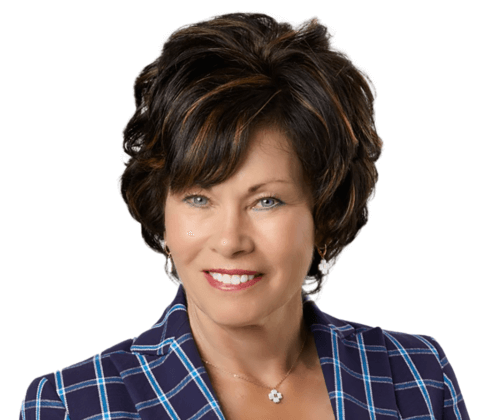This editorial first appeared in the Toronto Star on June 2, 2019.
As spring gives way to summer, so too will the predictable rhythm of governing in Ottawa and the ever-so-predictable antics of question period give way to the high-energy, much less predictable, winner-takes-all stakes of a federal campaign.
And, as the parties’ planes and buses start their engines, commentators like me will surely lament that the upcoming election will be the nastiest, the lowest, the meanest, the most divisive of all time.
These commentators will then bang on about how, left unchecked, this horrible behaviour will result in the end of the world as we know it — or at least in a mortal weakening of our cherished democracy.
Hands will be wrung over the “Americanization” of our system and of the perils of campaigns targeted at the “low-information” voter. The echo chamber of social media and so-called “attack” advertising will be blamed.
But just before we get carried away and reach for the Prozac, there are two points worth considering: one is the evidence and the second is our role in all this.
First, the evidence. Our democracy is simply not in peril. In the last federal election, and in each of the last elections in British Columbia, Alberta, Manitoba, Ontario, New Brunswick and Newfoundland and Labrador, voter turnout went up. That’s right, participation in each of those elections increased.
It is simply not true, on the evidence, that modern campaigns and modern campaign practices are turning voters off. Rather, the evidence suggests that Canadians respond when a clear choice is offered, when the various competitors lay out distinct differences in their visions, and when other civil society actors get involved.
The tools available to strategists have changed, to be sure. And with those changes come some problems: some structural, some transitory, and some more fairly characterized as growing pains.
But it is a mistake to simply pine for the good old days, which usually weren’t that good. Rather, it behooves us to understand the power of these new tools to level the playing field. To make it possible to reach more people and to do so in a way that is more meaningful and personal.
Barack Obama became president of the United States and leader of the free world by motivating people who had never voted before to vote for him. He accomplished this using the exact techniques that are so often vilified and condemned.
It also behooves us to understand our own role in the electoral process. And our role is not to simply stand at the side of the road, watching as the parade goes by. Our role, the role of each citizen — and note that I did not say each taxpayer — is to become part of the parade.
After all, the way to get politicians to act in a way that’s more to our liking is to join with them in the pursuit of that most important right — the one from which every other right and all freedom flows — the right to freely choose who will govern us.
And that is not a big ask. It is a once-every-four-years ask. And here is what it looks like.
Imagine the impact it would have on our elections, on the politicians who compete in them, on the media who cover them, and on the special interests that have a huge stake in their outcomes, if we all figured out how to get involved.
If we all took the time to read each party’s platform. Bothered to go to an all-candidates meeting and asked a question. Went to a committee room and volunteered. Took a sign or, better yet, signed up to put up signs.
If we gave even $25 to our preferred candidate; wrote a letter to the editor; organized a coffee party with friends, or simply talked to our families and colleagues at work; or walked our young kids with us to the polling station and modelled being an informed voter.
They say the grass is always greener where you water it. Maybe a little water is all our democracy needs.


